Christchurch Pride Week is nearly here. The new and updated Pride website is up and the aesthetic is as you'd expect - rainbow hued! The 2019 programme is a smorgasbord of spectacle including several events here at Tūranga, an exclusive film screening of Boy Erased, a Rainbow Market, cabaret, rugby, dance, drag, and dog walking. The 2019 Pride par-tay starts on 28th of February and lasts right through to the 10th of March.
With 11 days of fun, frocks, and frolics to look forward to, it seems like a good time to look back at Pride of times past.
1970s
Today’s rainbow celebration in Ōtautahi are far cry from Gay Pride Weeks held in Christchurch during the 1970s. The first Gay Pride Week events were held in New Zealand in 1973. Organised and promoted by the Gay Liberation Front, Gay Pride Week was, like today's Pride, an attempt to bring positive focus and visibility to gay issues and as a platform for public information and community support. However the emphasis was more strongly on activism and education. For many, coming out was too risky in conservative Christchurch at a time when homosexuality was criminalised. No doubt fun was had, but lectures and debate were the main fare.
In 1977, The Press reported that “supporters of homosexual freedom” were meeting at Cathedral Square to start Pride Week and the public were asked to wear a pink triangle to show their rejection of discrimination. A variety of public forums were also scheduled with representation from political parties, trade unions and the Socialist Action League.
In 1979 International Gay Solidarity Day was marked during Pride Week in Christchurch by the wearing of pink carnations. The following day was Blue Jeans Day and supporters were encouraged to wear denim and/or a t-shirt or badge with “We are everywhere”. Other events included a discussion groups at the Old Students' Union on "Coming Out", relationships and education, a gay rights debate and a "social disco dance."
1980s
The 1980s was a significant decade of activism and reform. The Homosexual Law Reform Act of 1986 legalised consensual sex between men aged 16 and over. This was a major victory but was overshadowed by the rising AIDS epidemic. This threat to health led to the creation of the New Zealand AIDS Foundation whose goal was to prevent the transmission of HIV/AIDS and support those with the disease. They relied on creating awareness, sharing knowledge and importantly securing funding for community programmes and support.
1990s
On the 5th of November 1992 the New Zealand AIDS Foundation held the first Freedom Dance Party in Christchurch, attended by 920 people and raising $8000 for HIV/AIDS awareness. The party was held in old Christchurch Star newspaper building (coincidentally on the site of Tūranga, our fabulous new library!) and the building owner Brierleys charged only $200 for the use of the venue. The party organiser Richard Tankersley ruled out holding a parade as Christchurch had no Ponsonby Road or Grey Lynn equivalent, and lacked "the diversity that makes Auckland so exciting".
The 1993 Freedom party was even more grand and held at Ministry on Lichfield Street sadly it lost money but Freedom carried on.
2000s
In 2000, now run under a trust (Freedom Festival Promotions Inc.) Freedom was held in the Platinum Lounge Bar and adjacent warehouse. With a light-show, a variety of DJs plus live performances, money raised went to “gay, lesbian, bisexual and transgender community groups”.
Christchurch Pride Week proper started in 2004, and by 2005 the programme of events had settled into a familiar format: an afternoon tea launch, a spit and polish Uniform Night at Menfriends, the Lamda hikers were out and about, Qtopia was relaunched, an amateur drag night was on at the Chameleon Bar plus a Candlelight Memorial for AIDS victims at the Great Hall. Several health forums and workshops were also held. Major sponsors included Christchurch City Council and the New Zealand AIDS Foundation.
2007 Pride similarly held a Mr & Mrs Pride event, Miss Hollywood's Gay Bingo, a Safe Sex Warriors Waiata evening and "Let's get cheesy" an information and cheese night with the New Zealand Police Diversity Liaison Officers!
Pride 2008 was organised by Hamish Milne of the New Zealand AIDS Foundation and included a Mad Hatter's Tea Party and the premiere of Through Rainbow Coloured Glasses, a documentary looking at the history of gay Christchurch. With 1500 attendees across the week, Milne said "Pride is really important. Gay and Lesbian people are quite well integrated into the community but its quite important to celebrate our own group with its own culture and style"
The Christchurch and Canterbury earthquakes of 2010/2011 dramatically impacted on the lives of Christchurch residents. With a lack of venues, funding and with members of the Rainbow community either leaving the city or enmeshed in post-quake hardship it took several years for Pride to reemerge. 2013 was the first post-quake Pride Week.
The 2014 programme included a family carnival, poetry readings, tenpin bowling, opening night speeches by Anika Moa and Student Volunteer Army founder Sam Johnson, as well as a University of Canterbury debate looking at the state of gay rights in New Zealand. Funding and a shortage of venues meant the programme was smaller than seen in other cities but chairwoman Henriette Nass emphasised "Whether you are gay, straight or whatever. Everyone is welcome"
As Ōtautahi gradually rebuilds, Pride is growing too - with more venues, events and programming. The Christchurch Pride team all reference a desire to bring together the LGBTQIA+ community to celebrate, educate, inspire and empower, and to make Pride inclusive. Whatever your identity or orientation support and celebrate our city and diverse communities with PRIDE in 2019.
Find out more about Christchurch Pride
- Explore the Christchurch Pride Website
- Like Christchurch Pride on Facebook
- Follow Christchurch Pride on Instagram
More Pride
- A photographic history of pre-liberation gay lives - Southern Men: Gay Lives in Pictures by Chris Brickell
- Essays on the lived experience of New Zealand trans community - Representing Trans
- Thwarted love finds a way in this young adult graphic novel - Bingo Love
- Garrard Conley's memoir about faith, family and community - Boy Erased
A word on words. Vocabulary, as well as some attitudes, has seen significant change since the 70s, 80s and even 90s. Gay was the term de jour back in the 70s. Queer, originally a slur, was reclaimed and used to empower in the 80s and 90s. All these words can confuse, upset or offend today but used in the context of the times they hopefully don't.


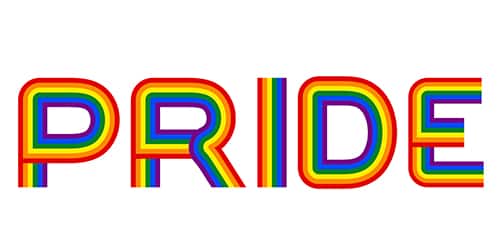
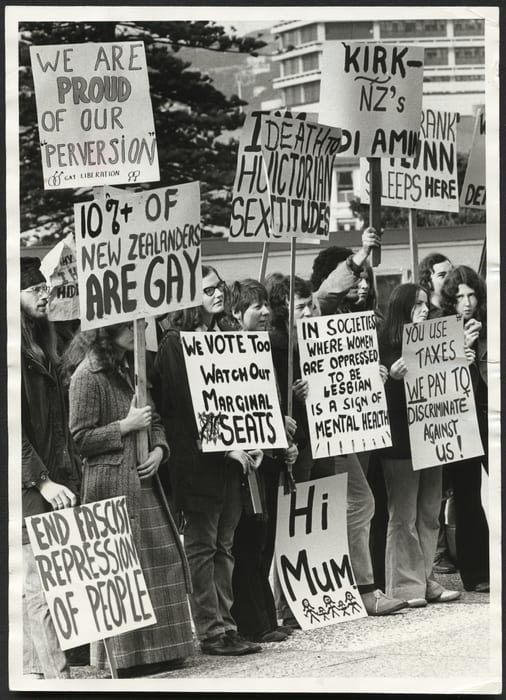
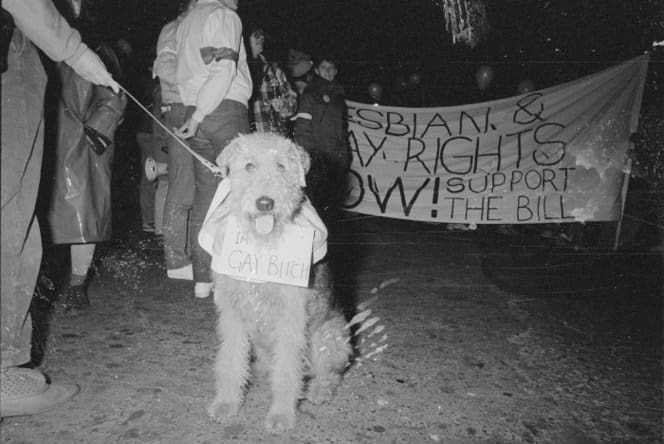
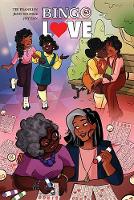
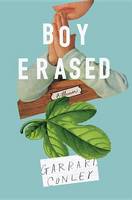
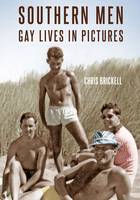
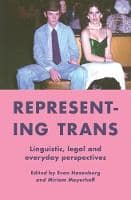


Add a comment to: Christchurch Pride